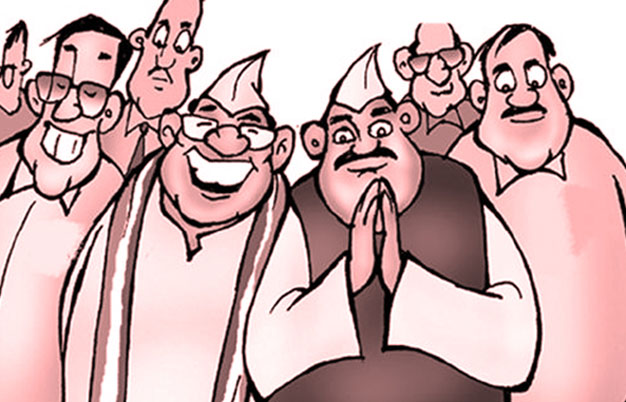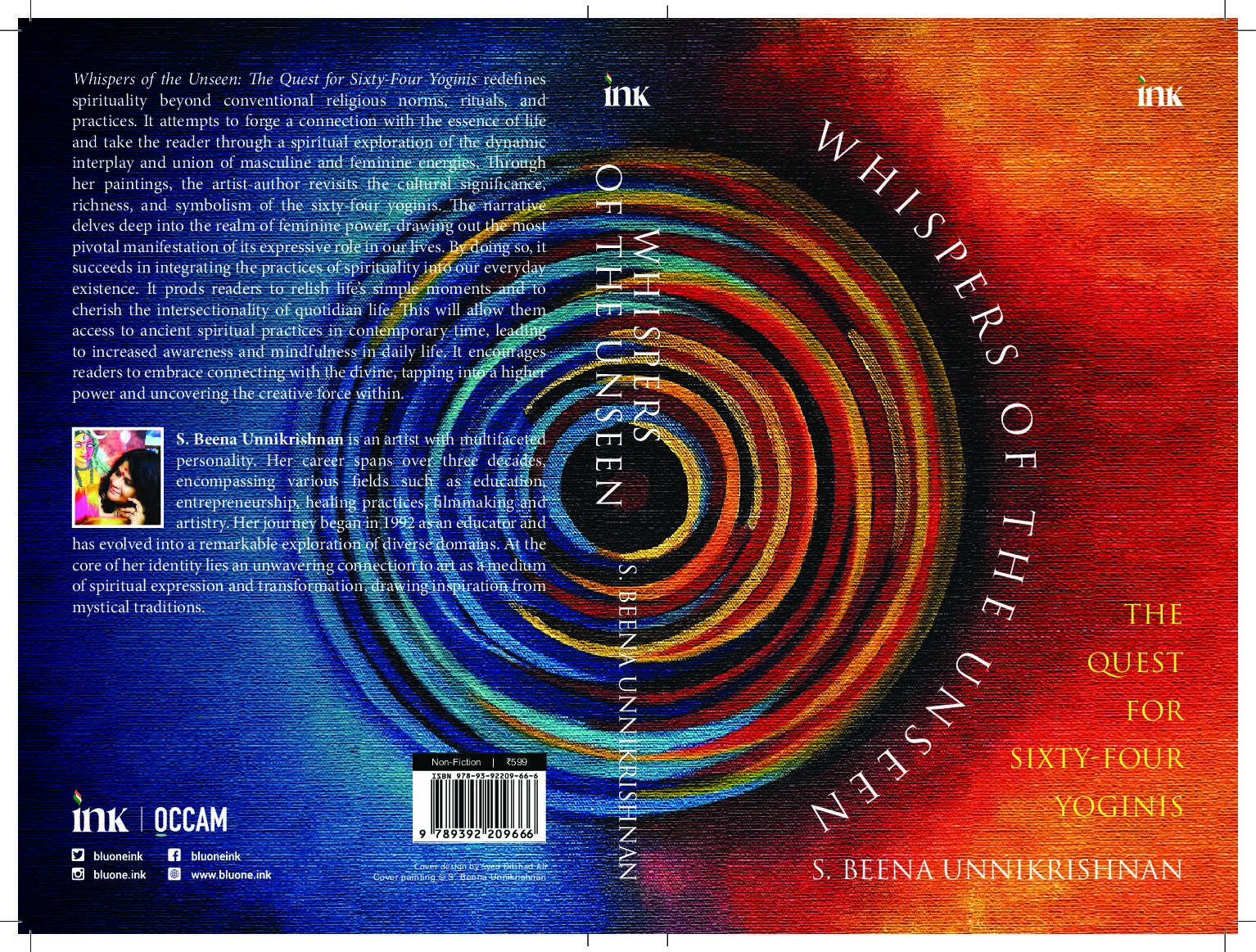In defence of Aaya Ram-Gaya Ram
Ravi Shanker Kapoor | August 10, 2016 9:10 pm

The Supreme Court’s refusal to answer questions raised by expelled Members of Parliament Amar Singh, Jaya Prada, and Pyari Mohan Mohapatra does not bode well for liberty and democracy in India. The three politicians had requested the apex court to revisit its 1996 judgment which brought the expelled lawmakers under the party whip. However, the verdict provides us an excellent opportunity to discuss a most illiberal, anti-democratic legislation passed in Independent India—the Constitution (Fifty-second Amendment) Bill, 1985, known as the anti-defection law in common parlance.
The statement of objects and reasons for the Amendment was: “The evil of political defections has been a matter of national concern. If it is not combated, it is likely to undermine the very foundations of our democracy and the principles which sustain it. With this object, an assurance was given in the Address by the President to Parliament that the Government intended to introduce in the current session of Parliament an anti-defection Bill. This Bill is meant for outlawing defection and fulfilling the above assurance.”
But after over three decades has the law has strengthened or further undermined “the very foundations of our democracy and the principles which sustain it”? The answer that we get is not very comforting. It also underlines a sad truth about our country: the remedy is usually worse than the malady; in the case of the instant law, it surely is.
For if defections were unscrupulous till the mid-1980s and earlier—as most of them were—the situation arising since the 1985 legislation has been even worse. Earlier, lawmakers traded their support for benefits in cash and kind; now, party managers make such transactions. In general, corruption in politics and public life has increased rather than decreased since the anti-defection law was implemented.
The anti-defection law has not only failed to strengthen the foundations of our democracy but has also done something infinitely worse than corruption in our polity—it has practically enslaved the Members of Parliament and Legislative Assemblies, tethering them to the vested interests of high-commands and party managers.
It’s a horrifying scenario but we, suffering from the boiled frog syndrome, have failed to even notice it. The elected representatives of the world’s largest democracy are not their own masters; they can’t vote according to their own convictions, beliefs, and genuine interests; they are almost ‘whipped’ to do the bidding of the party’s top bosses.
Now, the institution of whips is not of Indian origin. It was born in England from where it spread in other countries. The idea was to ensure discipline in any party, to ensure that its lawmakers do not stray from the ideology and the line the party has taken. To that extent, it is okay.
In India, however, in the name of maintaining discipline, upholding order in the system, checking corruption, etc., party bosses have tightened their grip over all parties in the last three decades. Therefore, all parties—except, ironically, the communist parties which are doctrinally committed to dictatorship—are either family enterprises or kept on a tight leash by the top leadership. The concept of inner party democracy has become a farce.
Notice the critical difference between the parties in India and the UK, whose model we follow. Bharatiya Janata Party president Amit Shah goes to Gujarat and imposes a Chief Minister on the state. The chief executive of the state is not elected by the democratically elected MLAs but selected by a coterie. On the other hand, on crucial issue of Brexit, the Conservative Party was vertically divided. Similarly, the House of Lords Reform Bill, 2011, intended to making the UK’s upper chamber mostly elected, was abandoned by the James Cameron government in August 2012, because one-third of Conservative Party members had rebelled against the party line. Such is the power of the elected representatives in a genuine democracy.
But in our country, lawmakers have been rendered puppets in the hands of their party bosses. The upshot is that Indian democracy has been hollowed out; what we are left with is an empty shell. So, we see all kinds of incongruities and perversities. The executive is supposed to be responsible to the legislature in a parliamentary democracy; and, in turn, national and state legislators are responsible to the people. In practice, lawmakers have been enslaved by governments and party bosses.
The worst part is that such enslavement has gone unnoticed by the political class as well as public intellectuals. It is also unfortunate that the recent Supreme Court stand has countenanced an extreme aspect of the illiberal law whose constitutional validity was in any case not challenged.































